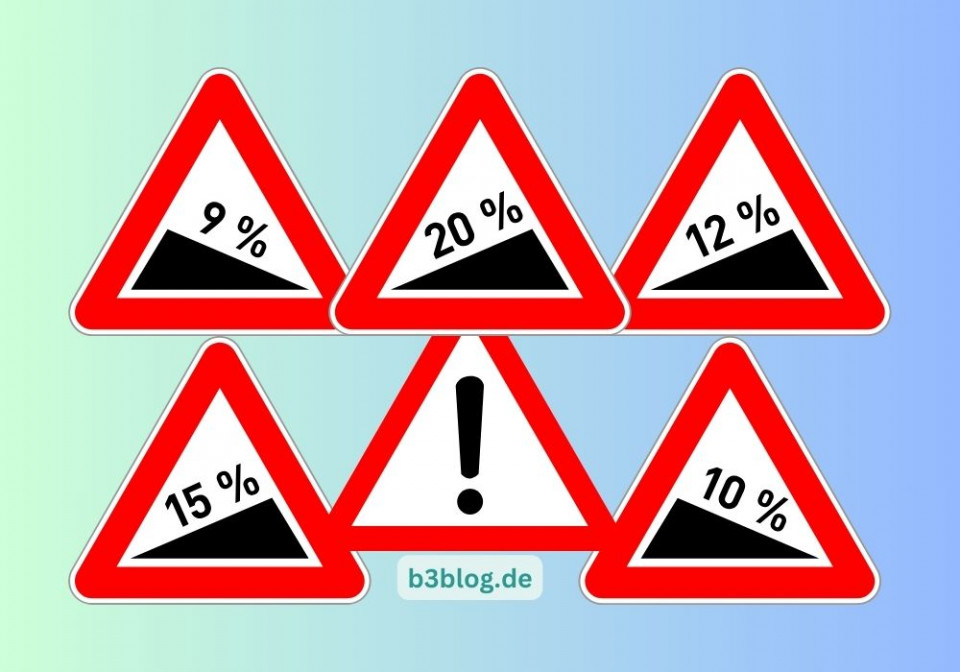Chatbots are also only what people make of them. In this interview, Dr. Cäcilie Kowald <http://ckowald.de/> provides exciting insights into her work at the interface of language and technology. I find her assessment of the concept of artificial intelligence particularly insightful and worth reading.
Many thanks for the answers to our questions from an expert's point of view!
What did you do your doctorate in?
In German Studies, on the topic "German-language oratorio libretti from 1945-2000". At first, this has nothing to do with chatbots - but somehow it does. Because just like a libretto, dialogs for chatbots are ultimately a so-called "functional text genre" - that is, the text not only follows its own literary or communicative rules, but must also submit to the functioning of the medium for which it is written. In the case of the chatbot, this medium is the chat on the one hand, and the software in the background on the other; in the case of the libretto, it is the respective musical genre (opera or oratorio) or quite simply the (sung) music. This creates a field of tension in the text, because it cannot ignore its own rules.
To what extent this is coincidence - after all, my doctorate was almost 15 years ago - I cannot say. What is no coincidence is that I have always (or at least since my studies) been particularly interested in things that don't fit into a single pigeonhole, that cross the boundaries between disciplines, genres, arts, and so on. And chatbots fit the pattern perfectly, because to design a good chatbot you need to be able to think in a technical and structured way as well as be linguistically creative.
By the way, my main subjects in my studies were mathematics and Russian; I took my state exams in these subjects; I only studied German as a sideline until I got my doctorate.
Did you already have the topic of chatbots on your radar in any form during your studies? In other words: How did you come to chatbots?
In the 1990s, when I was a student, chatbots didn't play a role anywhere (the few that did were research papers); and that wasn't much different 10 years ago. Funnily enough, I chose theoretical computer science as my major in mathematics back then - it was something for full nerds back then, considered completely abstract and without any practical relevance. But a lot of the foundations for what is now called Artificial Intelligence were laid right there ...
I came to chatbots through my current job. I work as a copywriter and conceptual designer for an e-learning company (time4you in Karlsruhe), whose main pillar is software for e-learning - learning management system learning management system etc., but also a software that allows you to create very powerful chatbots relatively comfortably. This software was just ready for marketing when I joined the company, and I was asked if I would like to work with it and also conceptually with chatbots. I did - and it was just a perfect fit. In the meantime, conversation design has become the main focus of my work.
In which thematic area are you on the road?
As a learning designer, I think about how certain topics or subjects can be implemented in digital learning formats (especially in online courses, so-called WBTs or web-based training, but also chatbots). Before that, I worked for many years in corporate communications, in areas that were quite similar - often it was a matter of knowledge transfer or documentation. E-learning is a lot more complex, however, because didactic and pedagogical aspects also have to be taken into account and because you basically have to use all media - and know when which ones are best suited and when they are not. are you on the road?
Als „Learning Designerin“ überlege ich, wie man bestimmte Themen oder Stoffe in digitalen Lernformaten (v. a. in Onlinekursen, sogenannten WBTs bzw. Web Based Trainings, aber eben auch Chatbots) umsetzen kann. Davor war ich viele Jahre in der Unternehmenskommunikation, in Bereichen, die durchaus Ähnlichkeit hatten – oft ging es da auch um Wissensvermittlung oder -dokumentation. E-Learning ist allerdings ein gutes Stück komplexer, weil auch noch didaktische und pädagogische Aspekte berücksichtigt sein wollen und weil man im Prinzip alle Medien nutzen muss – und wissen, wann welche am besten geeignet sind und wann nicht.
What about the acceptance of AI in general and chatbots in particular in this area?
It depends. On the part of the providers (i.e., those who develop digital learning formats), it is very high. The user side tends to lag behind. But that's the case throughout the e-learning industry. The providers who have been working on digital learning for years are often very innovative, and even the large companies have and are now doing a lot in this area. At the same time, there are still a lot of companies and organizations that don't even have a server for something like this.
In your experience, at what point is AI development? Is it still at the beginning, or are the technical foundations already mature?
I would actually have to go into great detail now ... In short: AI is more or less a marketing term and ultimately just software - although admittedly on a higher level than the software of the 90s; but the software of the 90s was also on a much higher level than that of the 70s, because they still needed punch cards and computers as big as closets. In my first job (at the end of the 1990s at a Fraunhofer Institute), I already wrote press releases about image processing methods that, in principle, did something similar to the image processing for autonomous driving today - but of course not as sophisticated and fast, it was simply an earlier stage of development.
Of course, "AI" software is not as mature as software that can run a calculator, because the latter has had 50 years to mature. But that doesn't depend so much on the fundamentals - which, as I said above, are already very old in their core elements - but on the concepts of what we want to and can achieve with it. The crucial thing is to have realistic expectations and not to dream that AI will do everything for us humans, only easier and better - such an idea is pure fiction and will remain so (there are solid technical reasons for this). But that doesn't mean that you can't already do a lot of useful things with AI.
Would AI in general need to be better accepted by society?
I have less the impression that lack of acceptance is the problem than a certain overvaluation of AI - which is certainly reinforced by many providers who present AI as something completely new, unprecedented, more magic than software. The term "artificial intelligence" also contributes to this, which - which was certainly the intention of the inventors - arouses exaggerated associations. If one realizes that AI is not "intelligent", but only tries to simulate certain ("intelligent") behaviors and decisions, acceptance is actually not a problem. Most people accept software in their everyday lives that is much more questionable than much else that happens under the label "AI". Where acceptance is lacking, it stems largely from a fear that AI could replace humans, outrank them - but it can't, and it's highly unlikely that it ever will be able to. A much more realistic danger is that we humans trust AI too much, or the wrong thing, and come to the wrong conclusions ourselves as a result. For example, if we believe that AI can recognize criminals by their faces, and in reality the software can only distinguish prison T-shirts from other clothing because, stupidly, in the training data the criminals in the photos were all wearing prison clothing, then the T-shirt wearers of this world have a problem ... But it's not the software's fault, but our wrong idea of what it does and what we can trust it to do.
Do you see negative effects on the traditional labor market because AI is replacing jobs?
For decades, we have seen a development in which simple jobs are being automated and eliminated by technical systems and software - this began as early as the 1970s, when the first accounting and business software was introduced. However, it has always been shown in retrospect that the actual loss of jobs was not that great, because many new, higher-skilled jobs were created at the same time.
This will not be any different with AI, especially since experts agree that AI cannot completely replace humans in most cases, but will support them in their tasks. For me, it's more a question of how long a society can afford this shift from low-skilled jobs to higher-skilled jobs and the qualifications required for this. At some point, we may simply run out of smart people to provide all the software engineers we need, while there are hardly any jobs left for the not-so-smart people. On the other hand, the IT world will certainly become even more differentiated in terms of the qualifications required. Twenty years ago, there were no IT specialists, and today they play a key role in keeping the business running.
Links to further reading:
+ personal homepage of Cäcilie Kowald: www.ckowald.de
+ more about Conversation Design and AI at the company time4you: https://www.time4you.de/kuenstliche-intelligenz/


